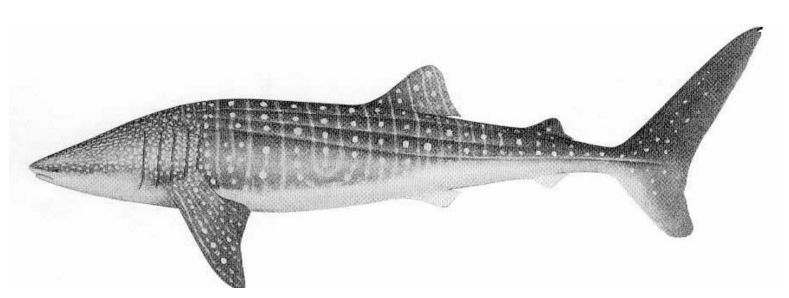
1. Maldives Calls for Range State Input: Increased Whale Shark Protection at CITES CoP20?
The Maldives has submitted a proposal to transfer the whale shark (Rhincodon typus) from Appendix II to Appendix I of the Convention on International Trade in Endangered Species of Wild Fauna and Flora (CITES). This change would afford the species the highest level of international protection, effectively prohibiting commercial trade.
The proposal is based on observed population declines and increased threats, including fishing, illegal trade, ship strikes, and habitat degradation. The Maldives is currently consulting with other range states to gather information on the species’ conservation status and trade impacts. If supported by scientific evidence and consensus among range states, the proposal will be discussed at the 20th meeting of the Conference of the Parties (CoP20) in November 2025.
Editorial Note: Sea Save Foundation will be at the table for this critical CITES CoP

2. Fidelity’s ‘Blue Bond’ Could Be the Ocean’s Lifeline – Here’s How It Works!
Fidelity International has introduced the world’s first “Blue Transition” bond fund to generate funds to support projects that improve ocean resilience and sustainability. This innovative financial product will invest in companies and initiatives focused on ocean-related challenges, such as marine pollution control, sustainable fisheries, and ecosystem restoration. Targeting sectors with high environmental impacts, the fund seeks to balance profitability with positive contributions to ocean conservation, aligning with the growing investor demand for sustainable finance options.
Fidelity’s launch underscores the financial sector’s role in addressing critical environmental issues through focused investment strategies. By integrating ocean sustainability into the bond market, Fidelity hopes to catalyze industry-wide support for ocean health as climate change and human activities continue to strain marine ecosystems.
Thank you for your generous gift that will help us continue the production of this weekly, free publication
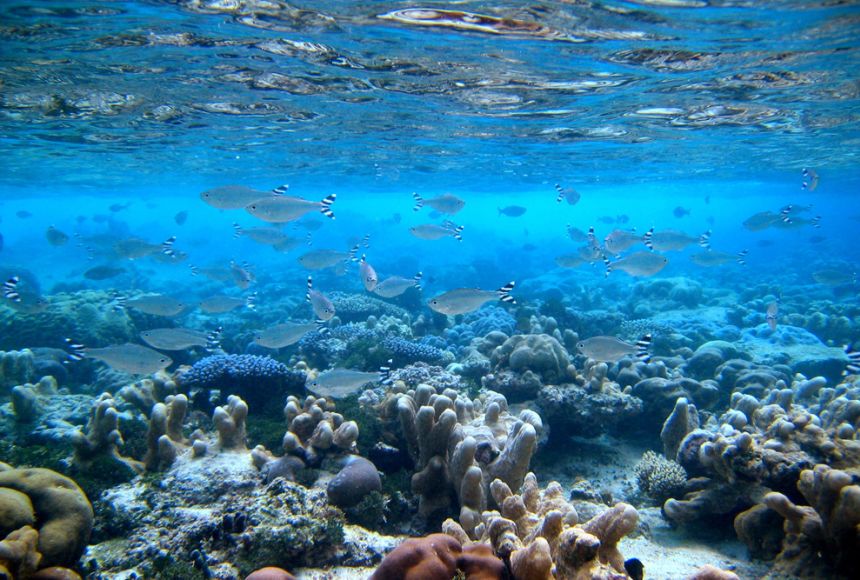
3. 51.7 Million USD Boost to Protect the High Seas – A Big Win for Ocean Conservation!
Cali, Colombia – Leading philanthropic organizations have announced a $51.7 million funding commitment to accelerate the establishment of Marine Protected Areas (MPAs) in the high seas territories beyond any nation’s jurisdiction. This funding aims to support initiatives to conserve biodiversity, protect ecosystems from overfishing, and address the mounting pressures of climate change on ocean health.
The pledge, spearheaded by Bloomberg Philanthropies and several other prominent funders, will focus on research, policy support, and implementing conservation zones. With only 2.8% of international waters currently protected, this financial injection is expected to catalyze progress toward the goal of protecting 30% of global ocean spaces by 2030. Conservation groups hail this as a landmark commitment to safeguard vital marine ecosystems for future generations.
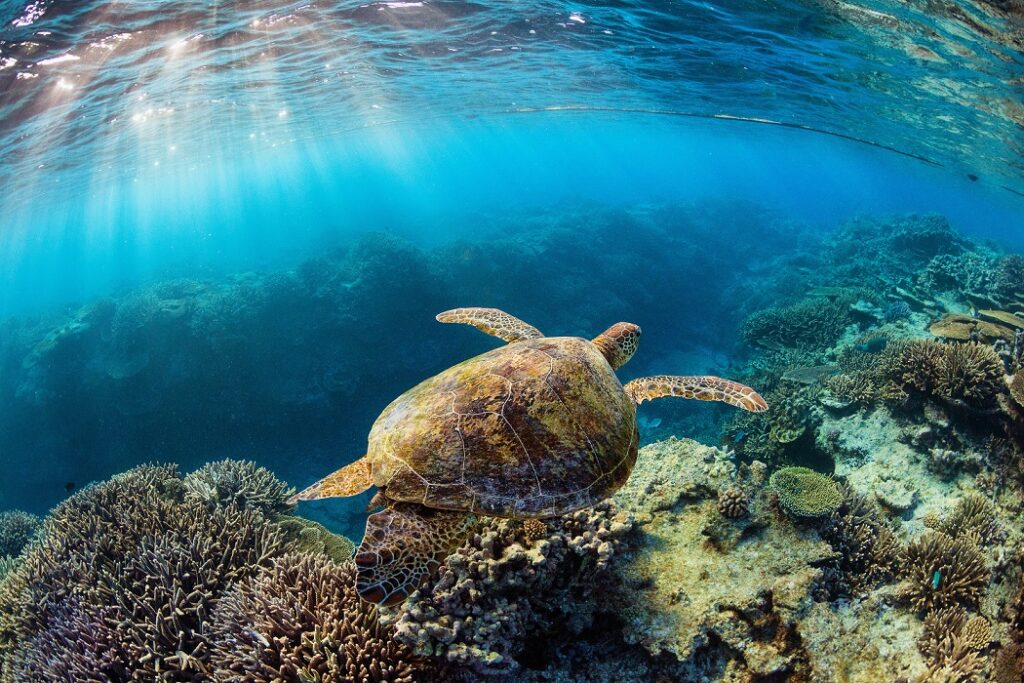
4. Can We Save the Oceans? UN Prepares for Critical 2025 Conference on Marine Life!
Geneva, Switzerland – Preparations for the 2025 UN Ocean Conference (UNOC 3) are accelerating, with global leaders and environmental advocates focusing on Sustainable Development Goal (SDG) 14: Life Below Water. A recent report from the World Economic Forum underscores the urgent need for international collaboration to combat ocean degradation, pollution, and overfishing.
The conference, set to take place in Nice, France, aims to align global efforts, especially in areas like marine biodiversity protection, sustainable fisheries, and reduction of plastic pollution. As countries prepare to discuss panel themes covering pressing oceanic issues, governments are increasingly pressured to commit to concrete actions and policies. The UN stresses that meeting SDG 14 by 2030 requires immediate, coordinated action, including funding mechanisms, sustainable practices, and strict monitoring.
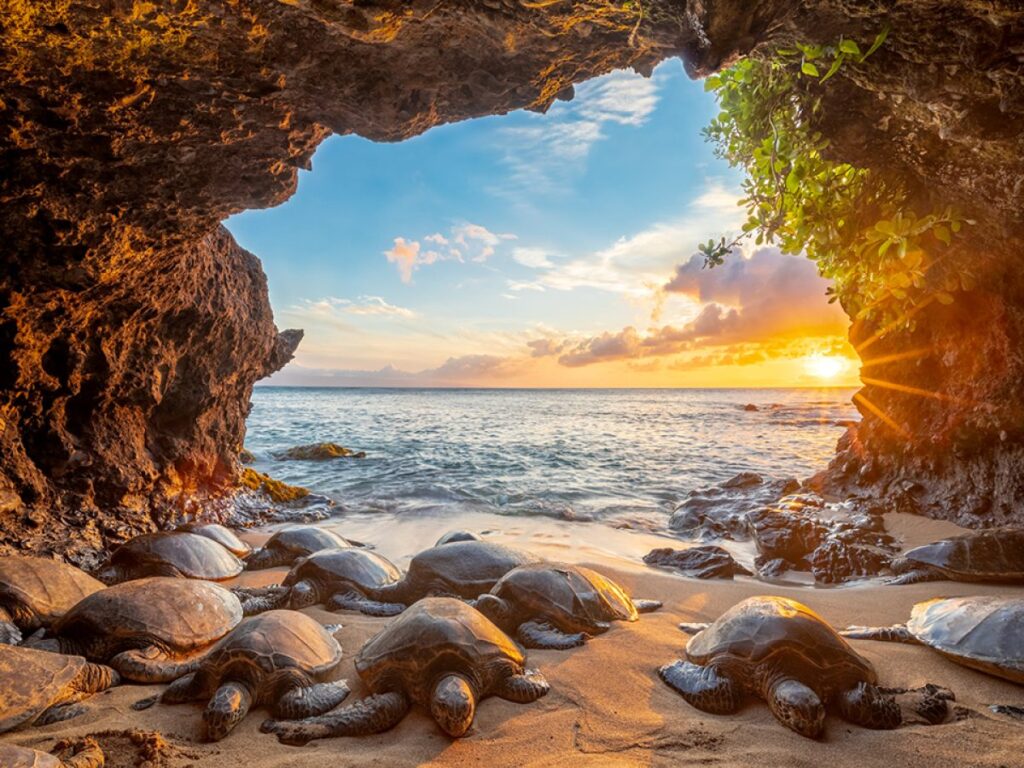
5. UN Ocean Conference Sets Bold Themes for 2025: Will World Leaders Step Up?
New York, USA – The UN is setting the stage for its third Ocean Conference (UNOC 3) in June 2025, with the finalization of panel themes designed to address the planet’s escalating marine crisis. Recent discussions solidified themes focusing on critical issues such as ocean pollution, sustainable blue economies, and climate resilience. Scheduled to take place in Nice, France, UNOC 3 aims to drive commitments toward Sustainable Development Goal 14, which calls for the conservation and sustainable use of oceans.
Panel discussions will address challenges like illegal fishing, marine protected areas, and climate change impacts on coastal communities. The UN hopes the event will foster stronger international partnerships and actionable policies, with a special emphasis on collaborative research and financial investments to achieve lasting progress.
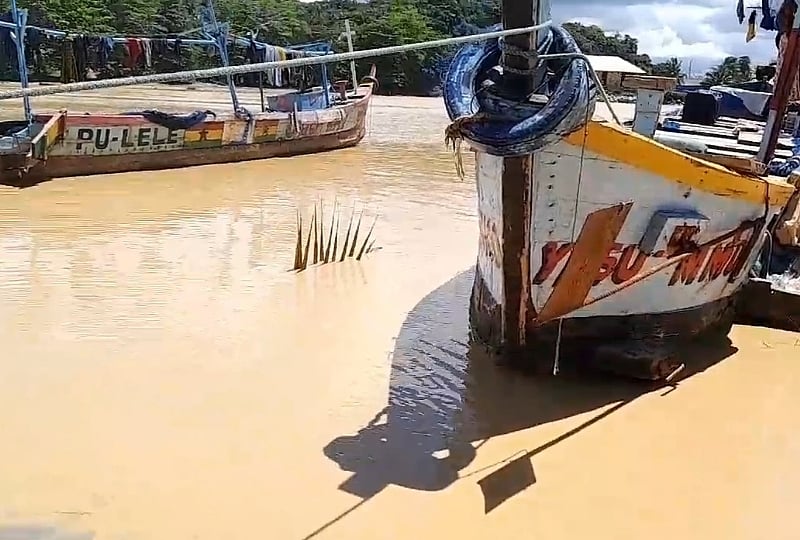
6. Illegal Mining Crisis in Ghana: Can the Country Save Its Environment?
Accra, Ghana – Ghana’s “galamsey” (illegal mining) crisis is wreaking havoc on both the environment and the country’s economic objectives, jeopardizing progress toward achieving Sustainable Development Goals (SDGs). A report from Modern Ghana highlights the damaging effects of galamsey on Ghana’s ecosystems, particularly its water resources. Illegal gold mining, largely unregulated, has led to deforestation, river pollution, and biodiversity loss, impacting local communities and wildlife.
The Ghanaian government has announced new enforcement measures to curb illegal mining activities, yet challenges remain. Environmental advocates emphasize that without effective control, the country risks long-term ecological and economic damage that could hinder SDG targets, particularly those tied to clean water, responsible consumption, and sustainable growth.
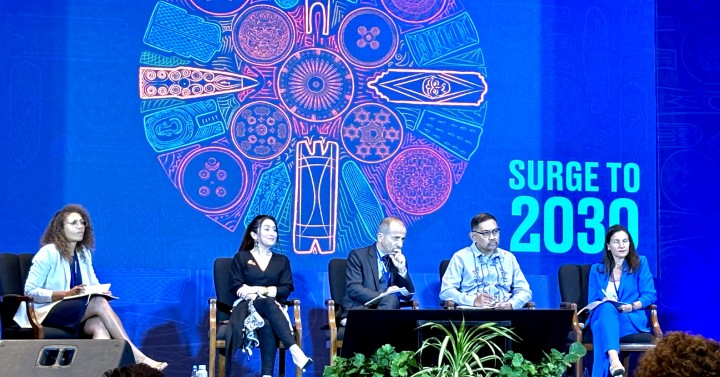
7. Surfing the SDG Tide: PH Preps for 2025 UN Ocean Bash
Manila, Philippines – The Philippine government has renewed its commitment to marine conservation and Sustainable Development Goal 14 (SDG 14) ahead of the United Nations Ocean Conference (UNOC3), set for June 2025 in France. At a preparatory side event during the 2024 Asia-Pacific Ministerial Conference on Disaster Risk Reduction in Manila, Foreign Affairs Assistant Secretary Marshall Louis Alferez outlined the country’s ongoing efforts to protect marine resources, including expanding marine protected areas, promoting sustainable fisheries, and combating marine pollution.
Alferez highlighted the Philippines’ active role in negotiations for a treaty on plastic pollution, currently underway in Nairobi, in collaboration with like-minded nations. The upcoming UNOC3 will focus on accelerating global action toward sustainable ocean use, tackling issues like ecosystem restoration, sustainable fisheries, and implementing the UN Convention on the Law of the Sea to safeguard ocean resources. (PNA)

8. Smuggled Stingrays Found in UK! How the Exotic Pet Trade Endangers Marine Life
London, UK – UK authorities have intercepted a shipment containing stingrays and other exotic animals, uncovering a rise in illegal wildlife trafficking to meet domestic demand. The stingrays were part of a larger confiscation that included tarantulas and pythons, brought into the country illegally and destined for the black market pet trade. Wildlife trafficking endangers species like stingrays, whose populations are threatened by overexploitation, and undermines global conservation efforts.
Authorities warn that such activities, driven by rising demand for exotic pets, harm delicate ecosystems and increase health risks due to potential invasive species. Conservation groups are calling for stricter regulations and public awareness to combat the illegal pet trade that puts species like stingrays at significant risk.
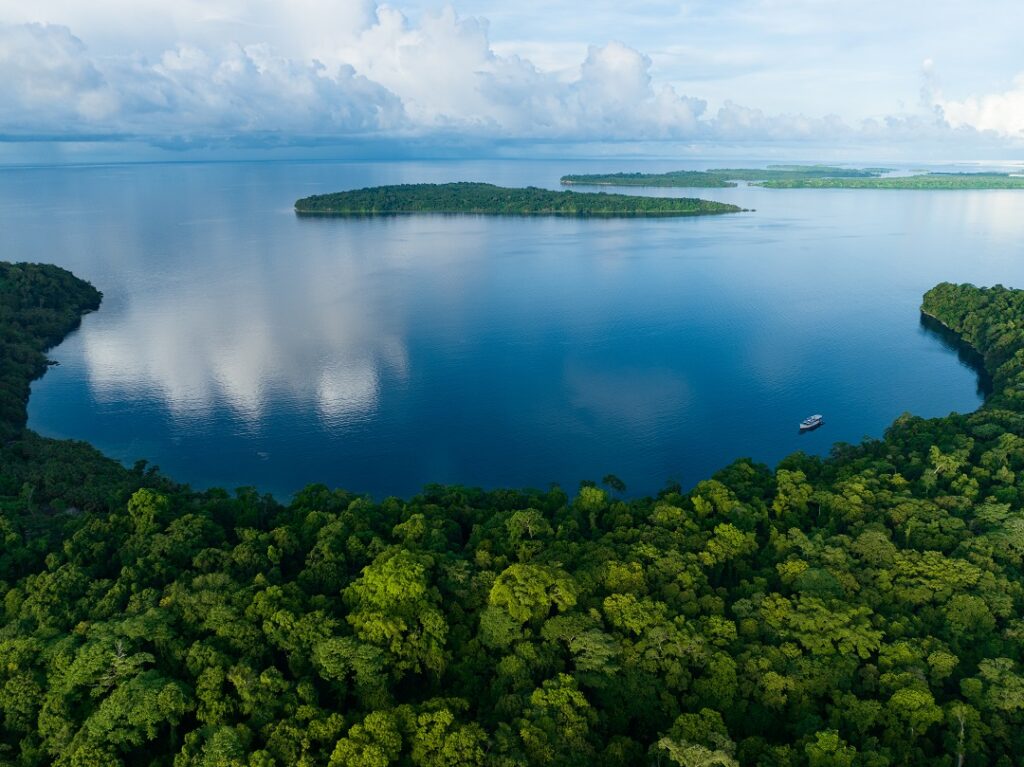
9. Solomon Islands Tightens Wildlife Trade to Protect Marine Life
Honiara, Solomon Islands – The Solomon Islands government is advancing efforts to enhance regulations for wildlife trade by improving its processes to confirm the legal acquisition of exported species. Under the guidance of the Convention on International Trade in Endangered Species of Wild Fauna and Flora (CITES), the nation aims to ensure transparency and legality in its wildlife exports, especially for marine species vulnerable to over-exploitation.
The move follows recent criticism over the illegal trade of certain animals and plants, which threatens biodiversity and local ecosystems. CITES has supported these improvements, viewing the Solomon Islands’ efforts as vital to safeguarding global biodiversity. Officials believe that by strengthening oversight and cooperation with CITES, they can better balance the economic benefits of wildlife trade with their conservation commitments.
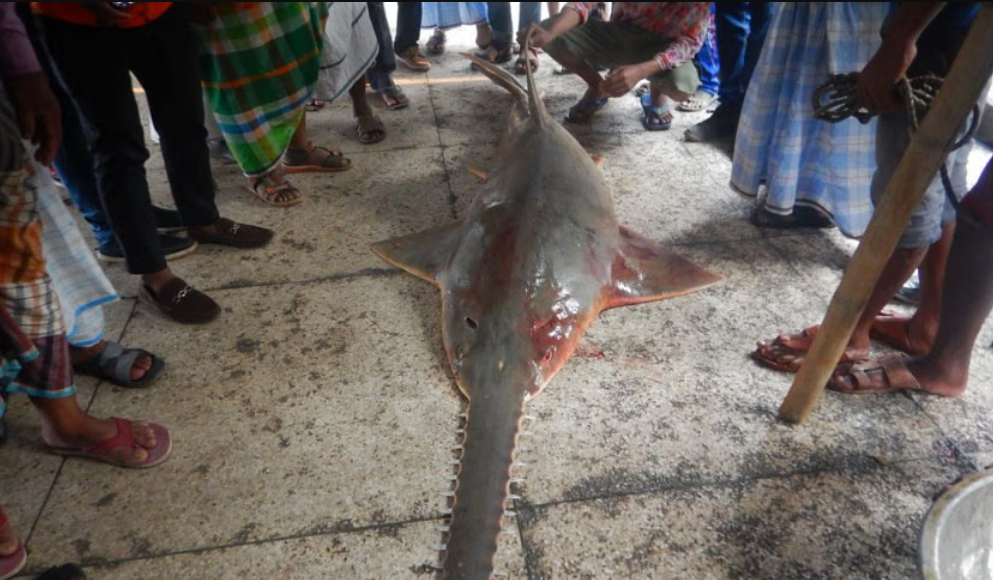
10. Bangladesh Fights to Save Rare Sawfish from Extinction – Can They Succeed?
Dhaka, Bangladesh – With sawfish populations at critically low levels, Bangladesh is stepping up to protect these endangered species in its coastal waters. The Ministry of Environment, Forest, and Climate Change recently announced new measures to limit the accidental catch and targeted killing of sawfish, which have faced steep population declines due to habitat loss, bycatch, and illegal fishing.
These new protections aim to create safe habitats and educate local communities on sawfish conservation to prevent species extinction in Bangladeshi waters. Conservationists applaud Bangladesh’s efforts and underscore that further protections are essential to maintaining biodiversity in the region. The government’s initiative reflects a growing regional and global focus on protecting vulnerable marine species from extinction.
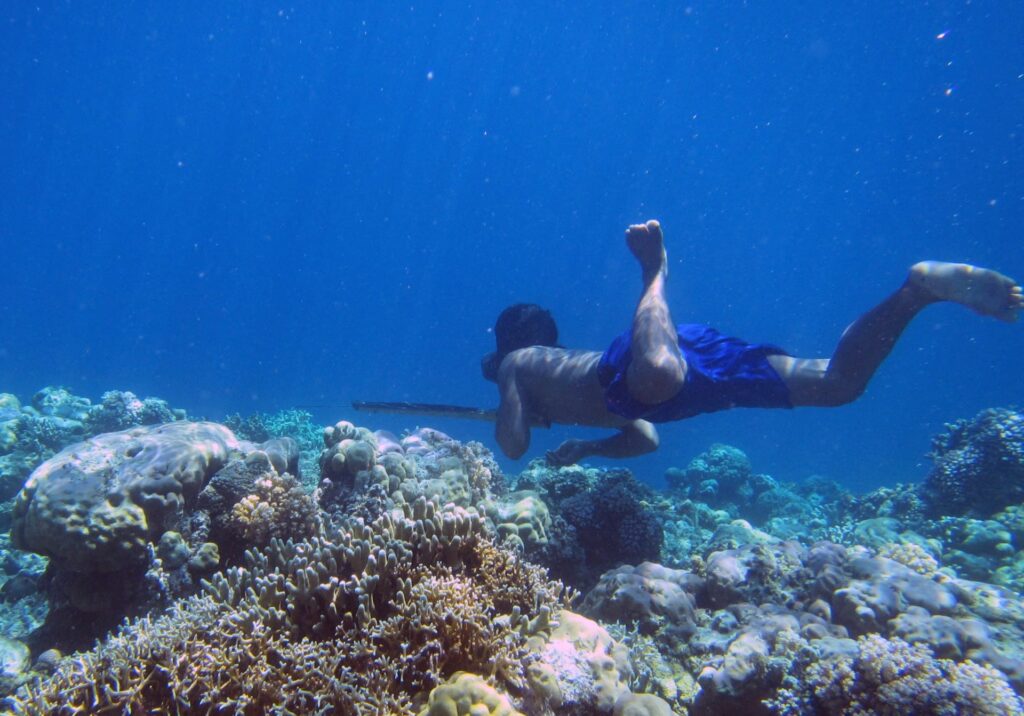
11. Philippines to Ratify Historic High Seas Treaty – What This Means for Our Oceans!
Manila, Philippines – The Philippines aims to ratify the UN High Seas Treaty by the end of the year, joining a growing number of nations committed to enhanced protection and sustainable management of international waters. The landmark treaty, adopted in 2023, establishes guidelines for conserving biodiversity in areas beyond national jurisdictions, which cover nearly two-thirds of the ocean and are currently under-regulated.
Philippine officials believe the treaty will help address critical issues like overfishing, pollution, and illegal activities that threaten marine ecosystems. With ratification, the country aligns itself with global efforts to protect the high seas and achieve the UN’s 30×30 target: to conserve 30% of the ocean by 2030. Supporters hope the treaty’s full implementation will strengthen international cooperation to safeguard vital marine resources.

12. Kelp Forests Are Disappearing Fast – Here’s Why the World Must Act Now!
Sydney, Australia – A new report from the University of New South Wales (UNSW) calls for urgent global action to conserve kelp forests, highlighting that these vital marine ecosystems are largely overlooked in international conservation targets. Kelp forests, crucial for carbon sequestration and supporting marine biodiversity, are rapidly declining due to warming seas, pollution, and habitat destruction.
The report stresses that kelp forests may not survive long enough without more robust protective measures to contribute to the 30×30 conservation goal of protecting 30% of global ecosystems by 2030. Researchers advocate for increased international collaboration, robust policy measures, and dedicated funding to restore and defend kelp forests, which serve as foundational habitats for countless marine species and play a pivotal role in combating climate change.
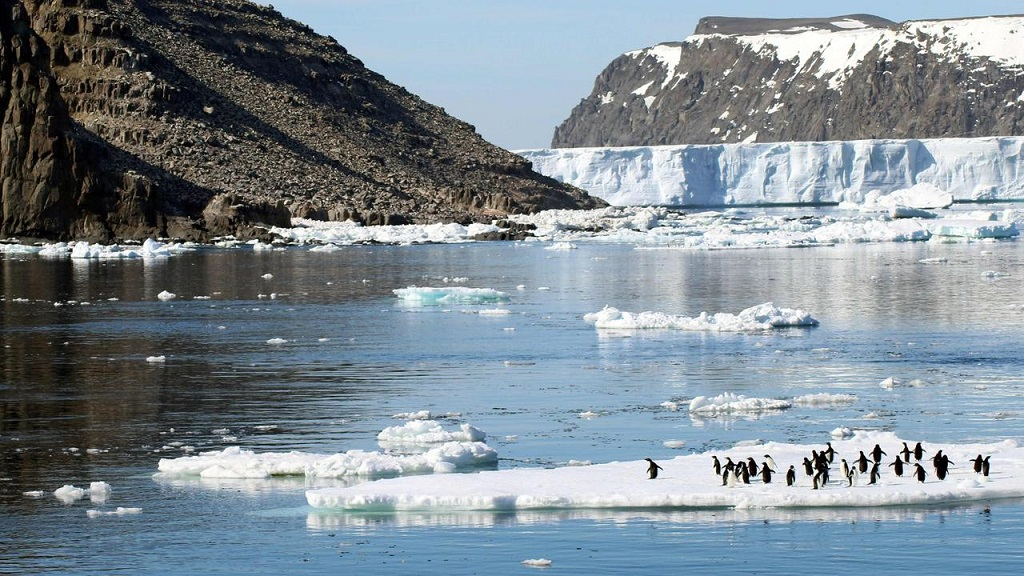
13. China and Russia Block Antarctic Protections – What’s at Stake for Our Oceans?
Taipei, Taiwan – Recent efforts to expand marine protected areas (MPAs) in Antarctica met resistance from China and Russia, thwarting key conservation proposals to safeguard vulnerable Antarctic marine ecosystems. The annual Commission for the Conservation of Antarctic Marine Living Resources (CCAMLR) meeting ended without consensus on expanding MPAs, as both nations cited concerns over resource access and fishing restrictions.
Conservationists argue that protecting Antarctic waters is crucial for sustaining global marine biodiversity and mitigating climate change impacts, particularly as the polar region experiences unprecedented warming. Environmental groups and several CCAMLR members continue to push for protective measures, but China and Russia’s opposition underscores the complexities of international cooperation in conservation amid geopolitical tensions.
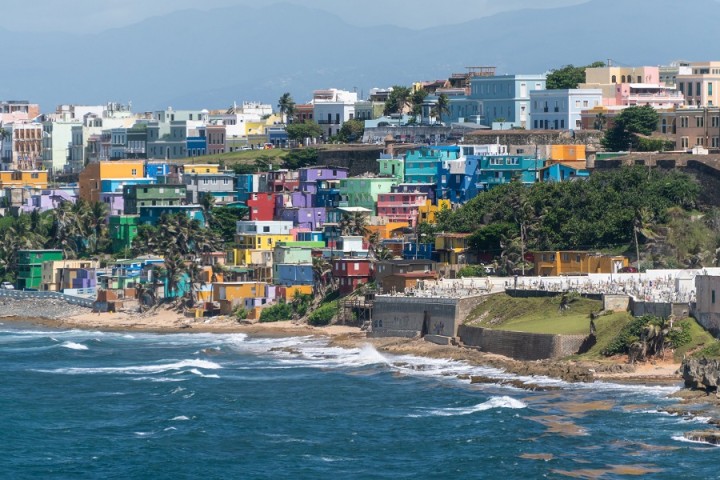
14. Puerto Rico Creates Huge Marine Reserve – Shattering the ‘Garbage Island’ Myth!
San Juan, Puerto Rico – Puerto Rico has established a new marine reserve, affirming its commitment to marine conservation and dispelling myths of the Caribbean island as a “garbage island.” This designation will protect nearly 500 square miles of waters, rich in coral reefs, fish species, and seagrasses, crucial for biodiversity and climate resilience. Local and federal agencies collaborated to create the reserve, a critical step toward preserving Puerto Rico’s marine ecosystems and combating issues like coral bleaching, pollution, and overfishing.
Supporters highlight that the reserve will also bolster eco-tourism, providing an economic boost while ensuring the conservation of the island’s natural beauty. With this new designation, Puerto Rico joins other nations working to protect at least 30% of their waters by 2030.

15. NOAA’s $95 Million USD Fish Passage Plan Aims to Revitalize U.S. Waterways – Here’s How!
Washington, D.C., USA – As part of the Biden-Harris administration’s environmental initiatives, NOAA is investing $95 million in fish passage projects across the United States. This funding will support the construction and restoration of fish ladders, the removal of outdated dams, and other infrastructure improvements to enhance migratory pathways for fish and other aquatic species. By restoring these critical habitats, NOAA aims to bolster fish populations, improve water quality, and promote biodiversity in freshwater and coastal ecosystems.
Projects funded by this initiative are expected to benefit communities nationwide by enhancing flood resilience and supporting local fisheries. Environmental advocates applaud the program, noting it’s an essential part of broader efforts to restore U.S. waterways and ensure the sustainability of native fish species.
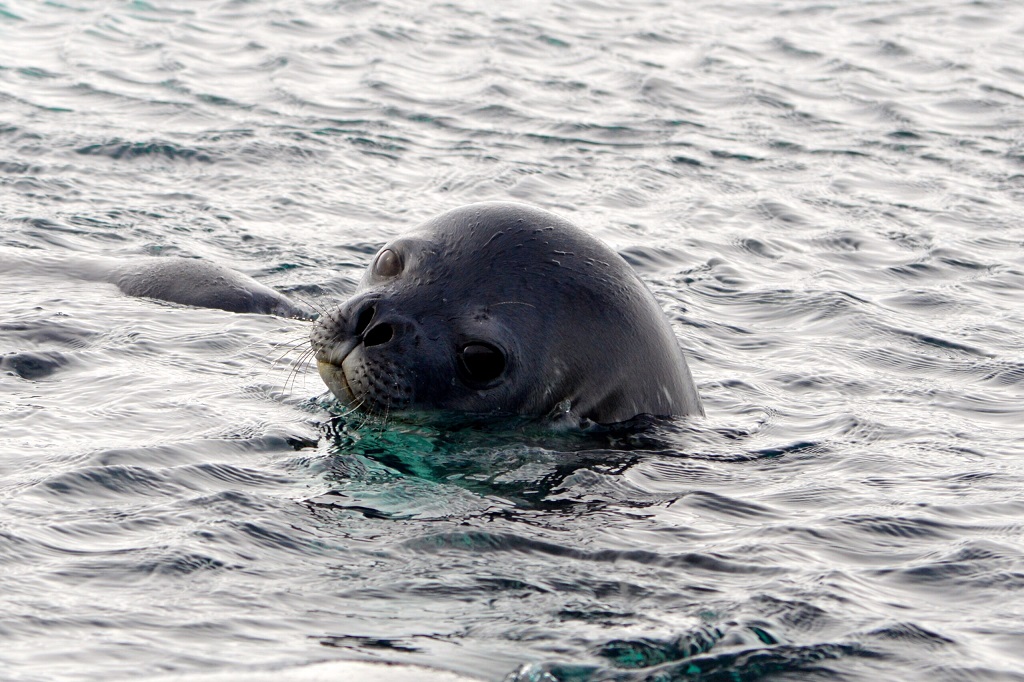
16. Weddell Seals’ Winter Dives – How They Use Light to Hunt in Total Darkness!
Antarctica – A groundbreaking study reveals how Weddell seals use minimal sunlight during the Antarctic winter to guide their deep dives, which can reach depths of over 900 meters. Researchers from Oceanographic Magazine tracked the seals’ movements, discovering that these marine mammals rely on the faint light under ice to map out dive paths and access hunting grounds beneath thick sea ice.
This adaptation showcases the seals’ extraordinary navigational abilities and raises new questions about how changing ice cover and light conditions could impact their behavior. Understanding these diving strategies could aid in future conservation efforts, as climate change and shifting ice patterns threaten the seals’ habitat.
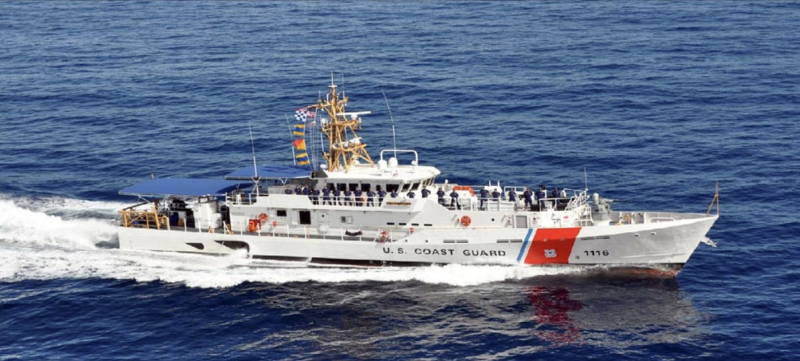
17. Canada Cracks Down on High Seas – Coast Guard Patrols to Curb Illegal Fishing in the Pacific!
Ottawa, Canada – In a bid to combat illegal, unreported, and unregulated (IUU) fishing, Canada’s Coast Guard is ramping up its enforcement efforts in the North Pacific. Canadian patrols will work closely with international partners, using surveillance aircraft, drones, and satellite technology to monitor high-seas fishing activities. This initiative comes amid growing global pressure to protect vulnerable fish stocks from overexploitation.
By tightening enforcement, Canada aims to deter IUU fishing and protect crucial species, like salmon, that are vital to the region’s ecological and economic sustainability. Fisheries advocates commend the move, highlighting that Canada’s efforts support the international community’s goal of promoting sustainable fishing practices and curbing illegal fishing operations.
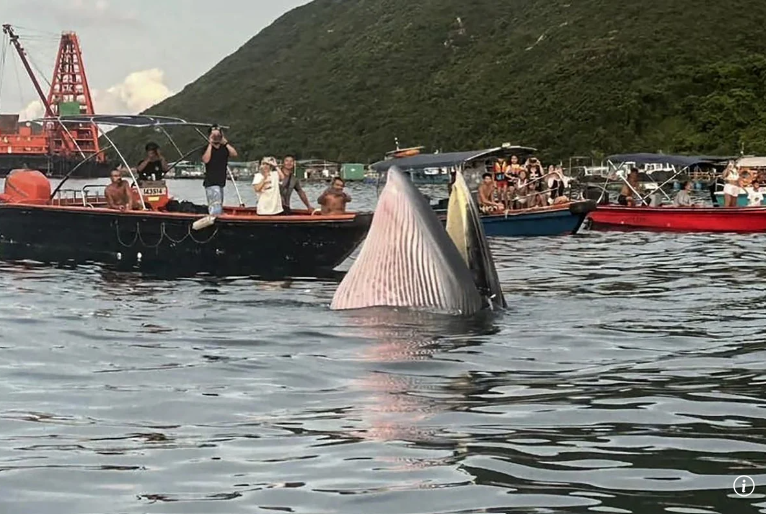
18. Hong Kong May Ban Whale-Watching – Is This the Future of Marine Conservation?
Hong Kong, China – Hong Kong officials are considering new sea restriction zones and a potential ban on whale-watching tours to protect local marine species amid rising concerns about their safety. Following several incidents involving the rare finless porpoise and other marine animals, conservation officials have floated these measures to reduce disturbances in critical habitats.
The restrictions aim to prevent close encounters with boats, threatening marine life through noise, pollution, and direct collision. Conservationists support the proposal, noting that while it could impact tourism, it’s a necessary step for protecting Hong Kong’s unique marine biodiversity. The public can weigh in on the potential restrictions in upcoming consultations.

19. Tuna on the Move – How Climate Change Is Changing Fish Migration Patterns!
According to recent studies, Climate change is linked to changing migration patterns of tuna. Warming oceans and shifting currents are driving these commercially valuable fish into new waters, challenging traditional fishing grounds and impacting local economies dependent on tuna harvests. Tuna are highly sensitive to temperature and oxygen levels, making them vulnerable to climate-induced changes in the marine environment.
The report suggests that tuna populations are moving northward as ocean temperatures rise, impacting fishery management and conservation efforts. Fisheries experts stress the need for adaptive strategies to sustainably manage tuna stocks and support communities reliant on this resource.
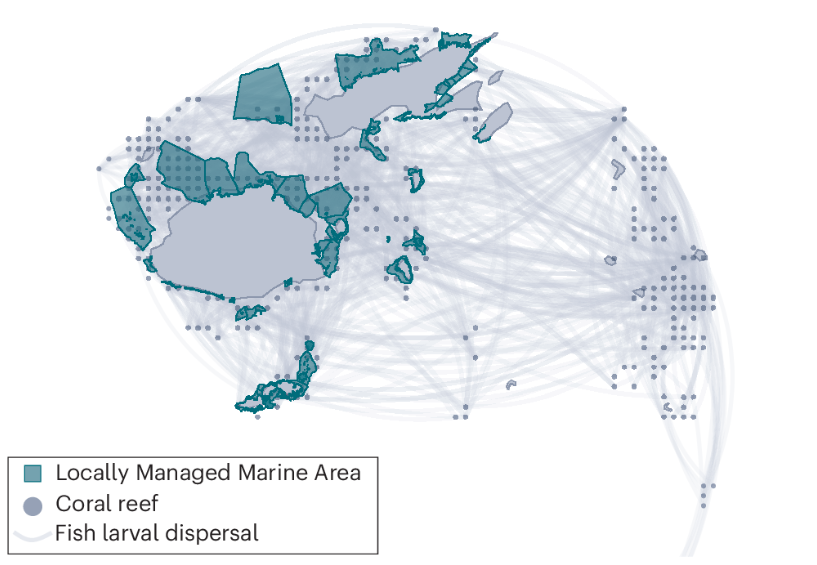
20. Bridging Fish Movement with Fisheries for Greater Conservation Gains
Sydney, New South Wales, Australia – A new framework aims to improve small-scale fisheries by integrating fish movement patterns into community-based fisheries management. Researchers Luisa Fontoura, Joseph Maina, Adam Stow, Alifereti Tawake, Vera Horigue, and Brian Stockwell present a strategy to incorporate connectivity science—understanding how fish populations move and interact across marine environments—into conservation areas, which are crucial for sustainable fisheries and biodiversity.
This approach leverages evidence-based data to help local communities optimize both environmental and socioeconomic benefits by aligning fisheries management with fish migration pathways. The framework considers long-term impacts over time and space, providing small-scale fisheries along coral reefs and coastal regions with tools to improve conservation outcomes and boost local livelihoods. By mainstreaming connectivity science, this strategy hopes to foster resilience and sustainability in these vital ecosystems.
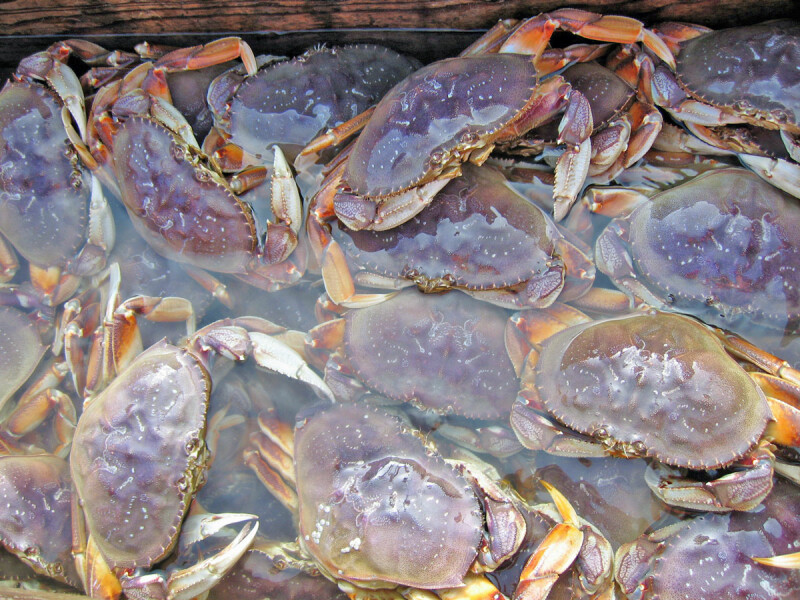
21. Crab Season Postponed to Save Whales – Will ‘Ropeless’ Tech Become the New Norm?
San Francisco, USA – To protect endangered whale species, California’s Dungeness crab season has been delayed. The California Department of Fish and Wildlife (CDFW) postponed the season after many humpback whales were sighted in the region’s fishing areas. The decision follows regulations intended to reduce whale entanglements in fishing gear, which can be fatal to the large marine mammals.
While the delay impacts local fishermen and crab-dependent businesses, it highlights California’s commitment to safeguarding marine life. Fishermen are encouraged to participate in “ropeless” fishing technologies that minimize whale entanglements. CDFW will continue to monitor whale populations to determine an opening date, balancing the needs of the fishing industry with marine conservation efforts.
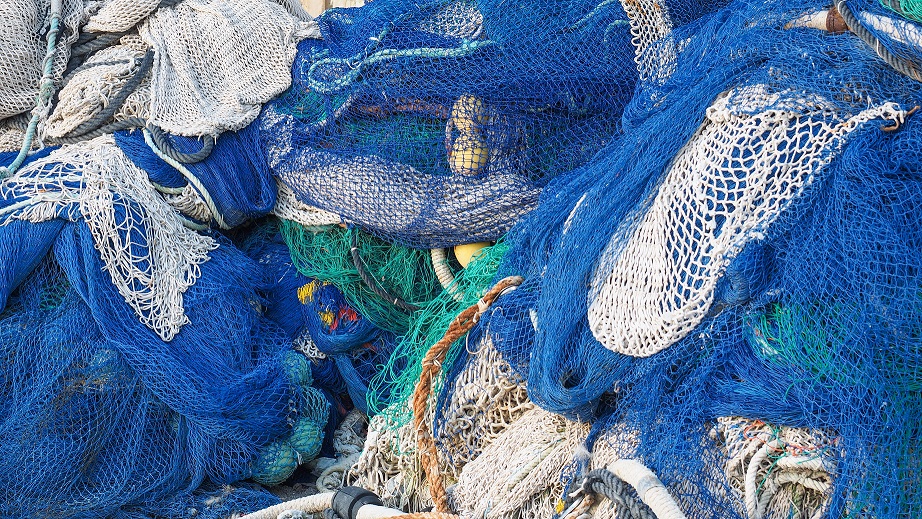
22. Spain in Hot Water with EU – Legal Action Taken Over Destructive Trawling in Protected Waters!
Madrid, Spain – The European Union is taking legal action against Spain for allowing bottom trawling in ecologically sensitive protected areas. The practice involves dragging heavy nets across the seabed and is highly destructive to marine habitats, damaging coral reefs and seagrasses and disrupting marine biodiversity.
Spain is under scrutiny for failing to enforce the EU’s marine conservation regulations in these designated areas, including parts of the Mediterranean. Environmental groups have long protested the practice, calling for stricter enforcement of marine protections. This legal action signals the EU’s intensified stance on protecting fragile underwater ecosystems and achieving its broader conservation targets under the European Green Deal.
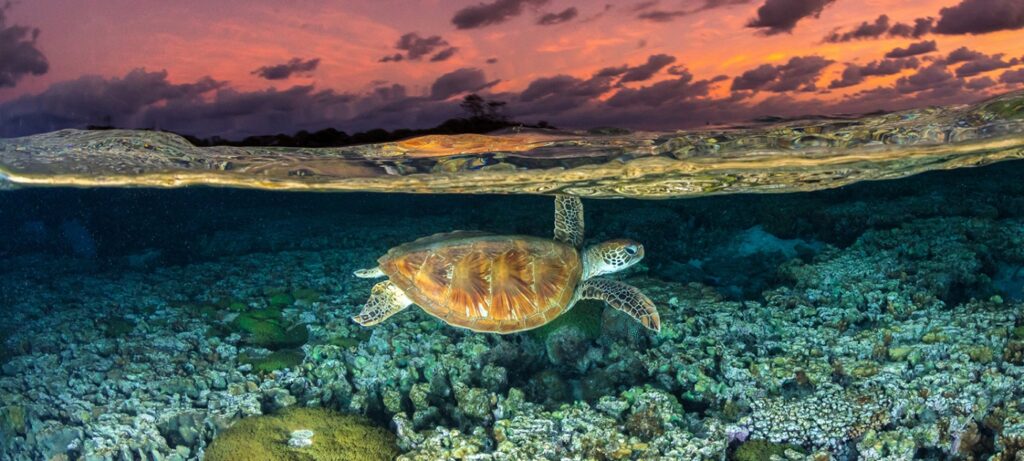
23. Can New Funding Model Save Coral Reefs? How Blended Finance Could Transform Marine Conservation!
Blended finance, which combines public and private investment, is emerging as a potential lifeline for coral reefs, according to the United Nations Environment Programme (UNEP). With reefs facing severe degradation due to climate change, pollution, and overfishing, UNEP suggests that an infusion of capital from diverse sources could fund sustainable reef conservation projects. The blended finance model aims to draw private investors by lowering risks through government and non-profit backing, thus accelerating funding for reef restoration.
Successful examples include reef insurance and eco-tourism ventures that generate revenue for local economies while preserving biodiversity. UNEP stresses that innovative financial mechanisms like these are essential to meeting global targets for marine conservation and ensuring the survival of coral ecosystems.




